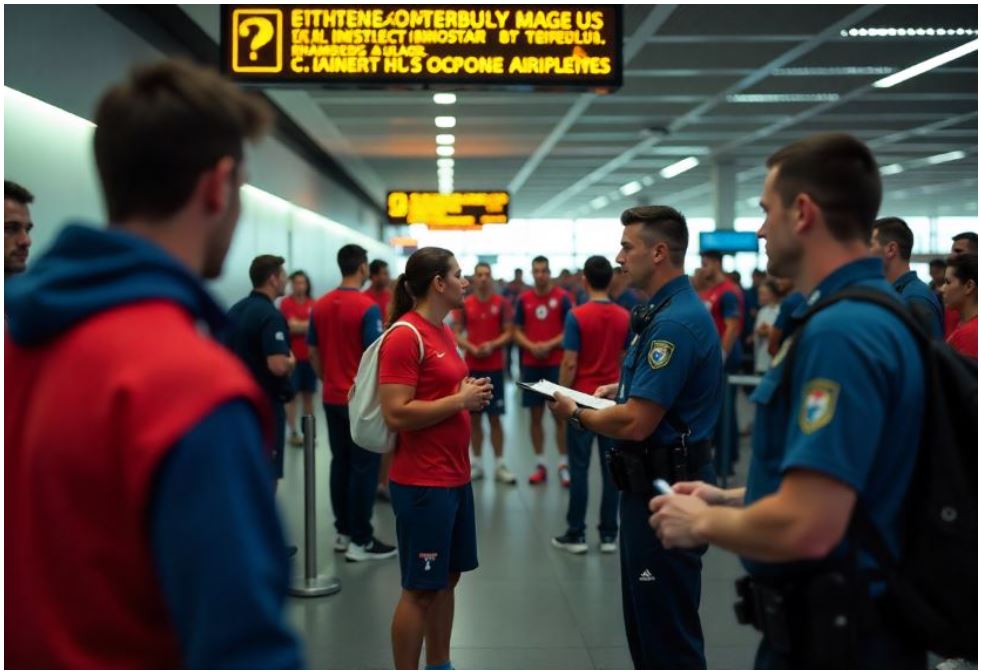As the 2026 FIFA World Cup draws nearer, political tensions and controversial U.S. policies are threatening to complicate Canada’s role in co-hosting the tournament with the United States and Mexico. The excitement surrounding the tournament is palpable, as it is set to be the largest ever, with 48 teams competing in 104 matches across three countries.
However, challenges related to U.S. immigration policies and trade disputes between the two neighbors are casting a shadow over the event, raising concerns for tourists, businesses, and governments alike.With the tournament scheduled for June 11 to July 19, 2026, millions of international fans will travel across borders to attend the matches. Yet, the uncertain political climate, particularly in the United States, could pose significant barriers. Travelers to the U.S. may face complications due to President Trump’s harsh immigration policies, including travel bans affecting certain countries, as well as stringent visa rules.
While exemptions are made for athletes and team members, the unpredictability of U.S. policy could result in confusion and deterrence for many potential visitors.U.S. President Donald Trump’s travel bans, which have been in place for several countries since his administration took office, remain a major point of contention. The U.S. currently maintains travel restrictions for 12 countries, with additional limitations affecting another seven. Travel restrictions are also being considered for 36 other nations, potentially preventing fans from these regions from attending the World Cup. This creates a direct challenge for the event, which aims to attract fans from all over the world.
In addition to the travel bans, Trump’s immigration raids and mass deportations have raised alarms about the safety and accessibility of the U.S. for visitors. Even though athletes, their families, and staff members are exempt from some of these policies, the uncertainty surrounding visa approvals and the potential for political opposition could discourage some soccer fans from attending altogether. Some may even opt to attend the World Cup matches in Canada, which has become a more predictable alternative for international visitors.
Canada, in contrast, remains committed to being an accessible destination for World Cup fans, but the complications arising from the U.S. policies may lead to an imbalance in the number of visitors expected to attend matches in Canada compared to the U.S. With the final and semifinals slated to take place in the U.S., the political situation could ultimately impact ticket sales and attendance, especially for fans from countries affected by U.S. restrictions.

